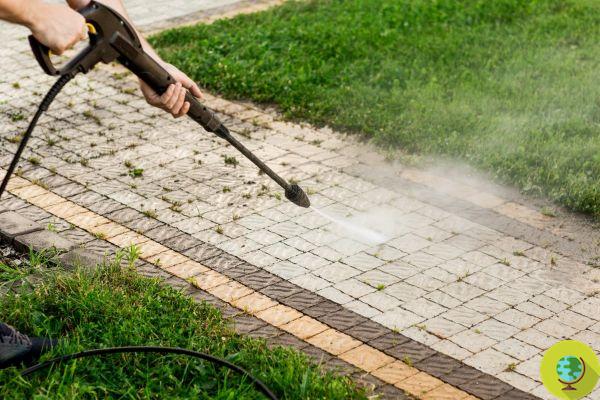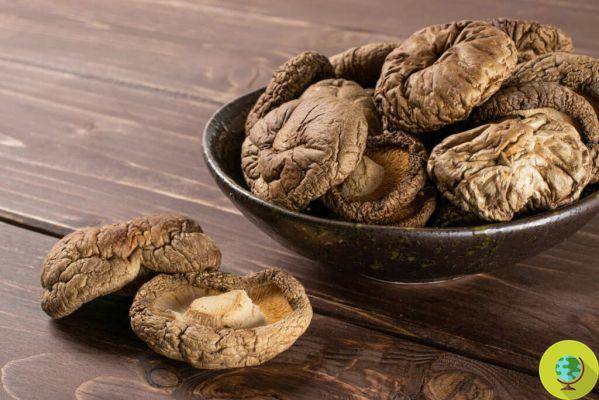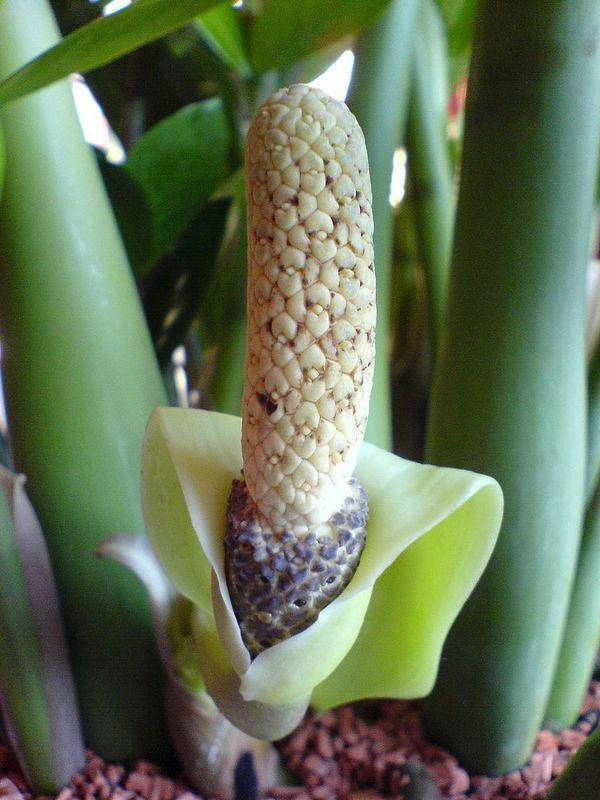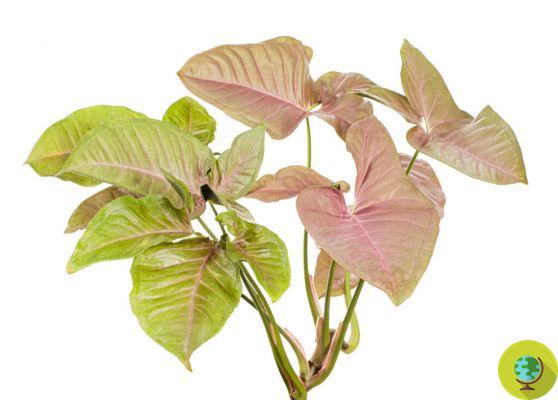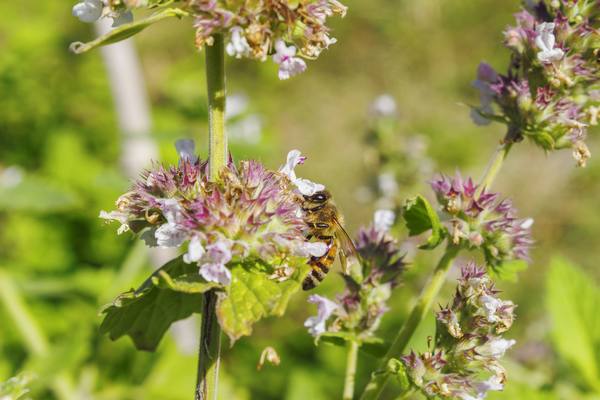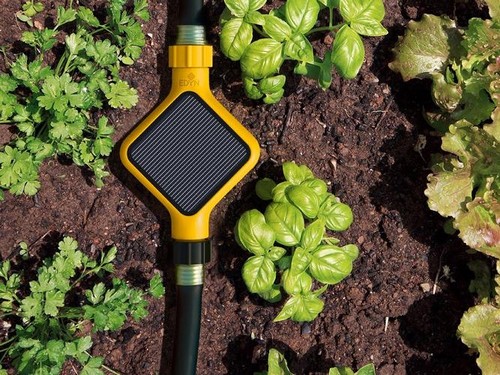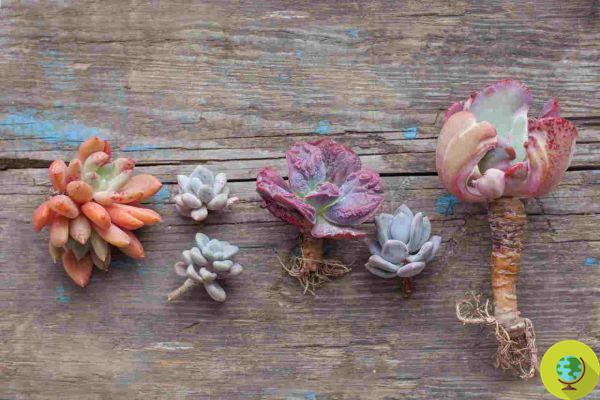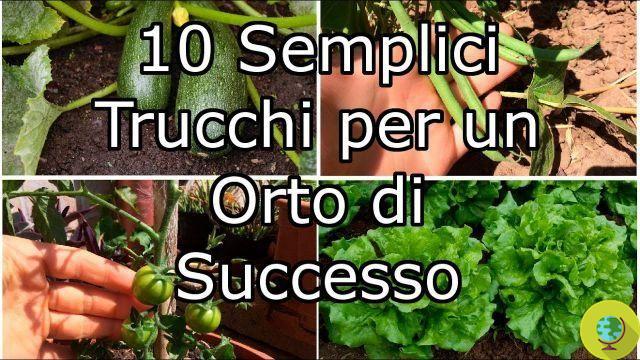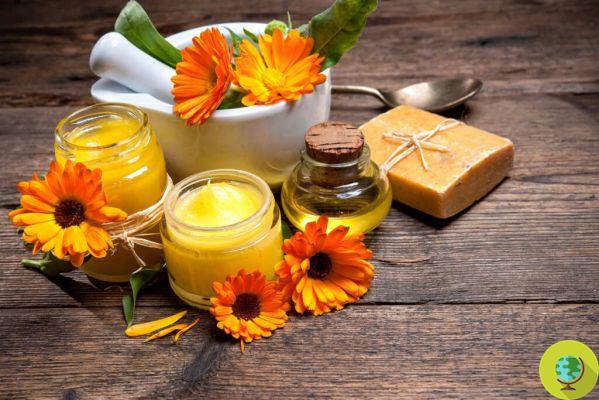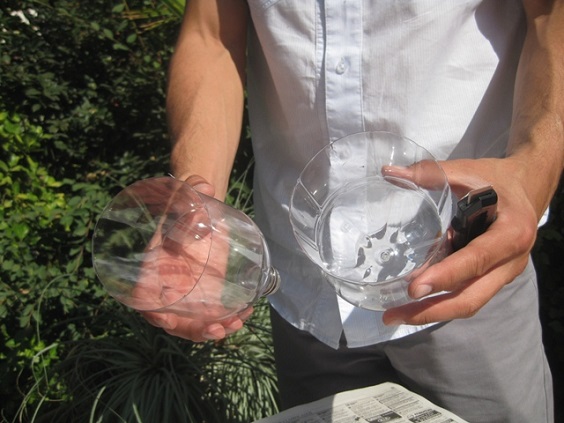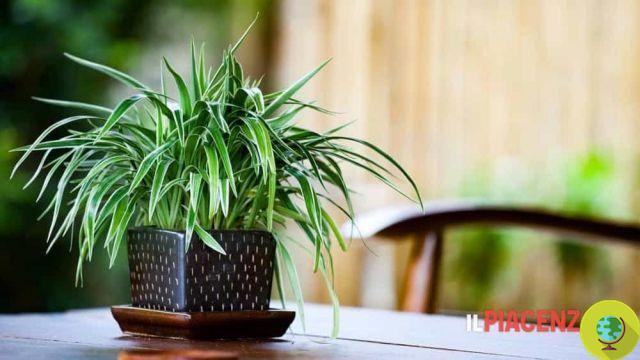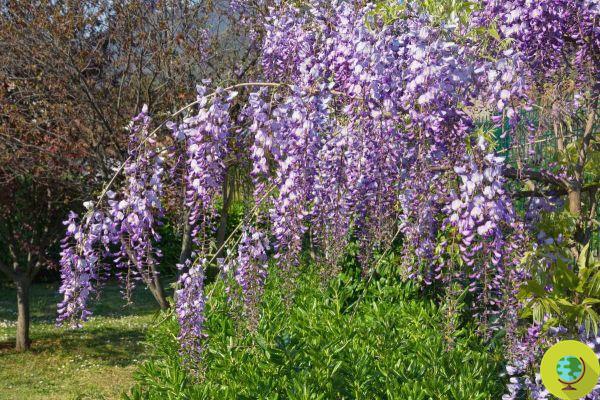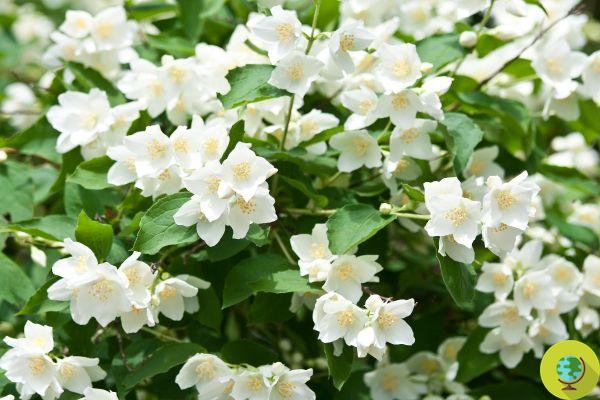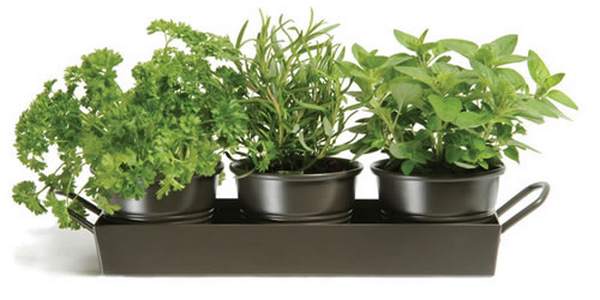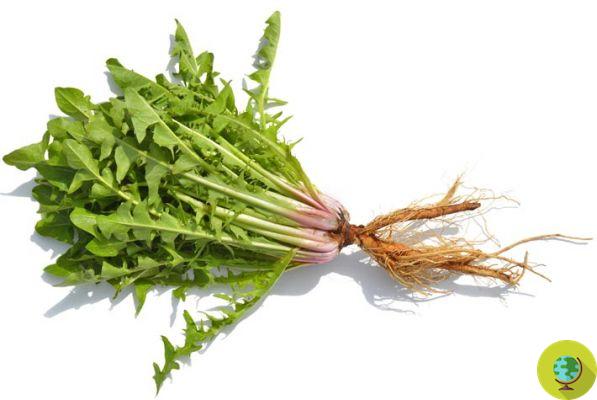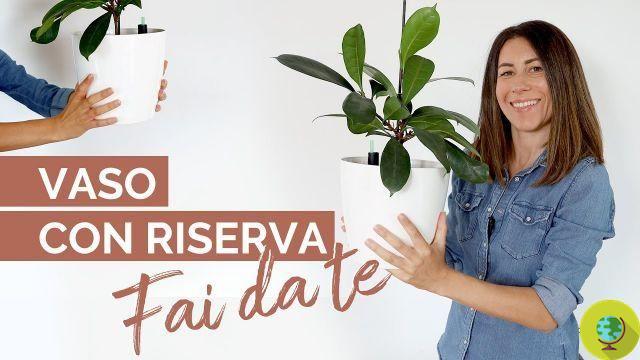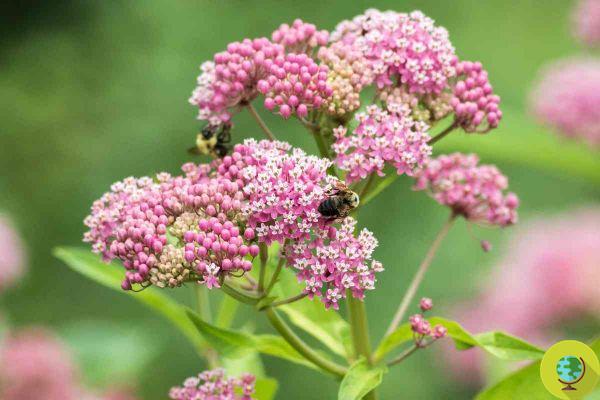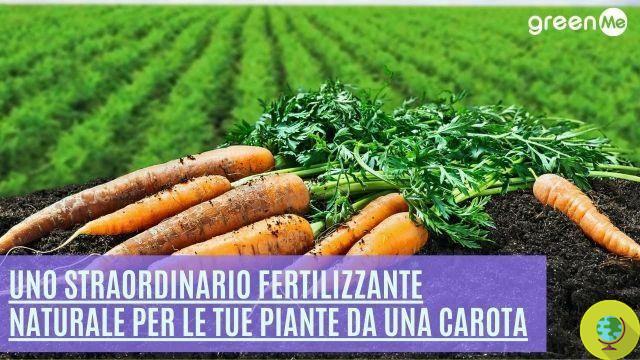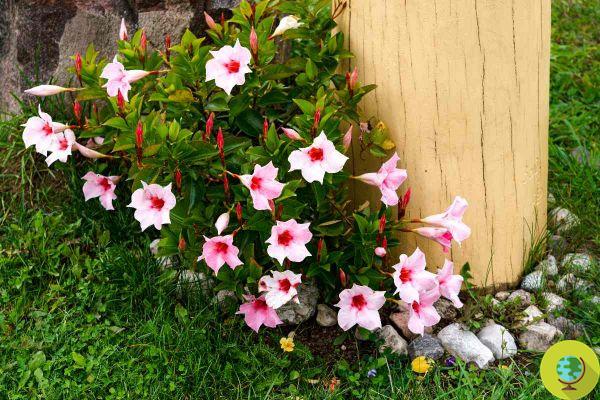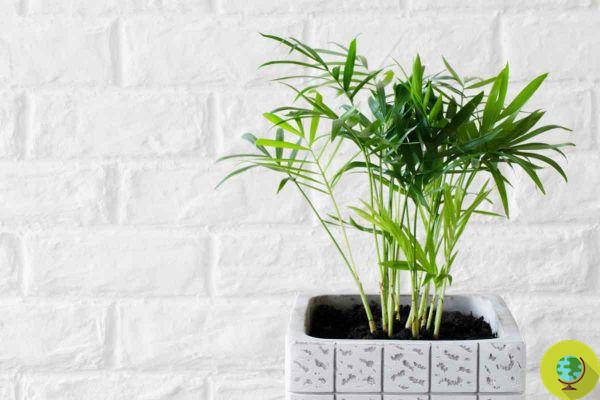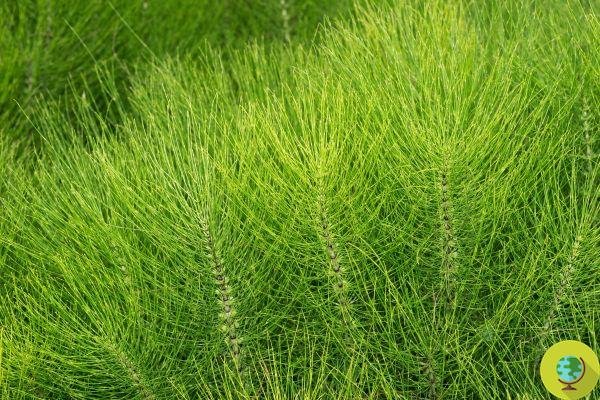
How to prepare and use horsetail decoction and macerate, an effective pesticide for garden and vegetable garden plants.
He is about to end up run over, his mother saves himTHEhorsetailthe pony tail, can be used to prepare decoctions and macerates to be used as natural pesticides effective in the garden or in the vegetable garden.
- horsetail infusions they can be vaporized on plants to defend them from attack by iodine, downy mildew, aphids and other parasites.
We see how to prepare and how to use thenatural pesticide based on horsetail.
Index
How to prepare horsetail decoction
Il decoction of horsetail it is prepared with the sterile planks of the plant, that is with green stems which develop on the plant during the summer.
prepare the decoction of horsetail you need to get a kilo of fresh plant, which can be harvested spontaneously, or alternatively you use 150 grams of dry plant, which can be purchased in herbal medicine.
- ingredients for preparing horsetail decoction they are therefore:
- 1 kg of fresh stems or 150 grams of dried plant
- 10 liters of water
The procedure for prepare the decoction it is very simple: after placing the plant in a pot with water, it is left to rest for twenty-four hours, after which it is heated on the stove until it boils. When the water boils, the heat is turned off, left to cool and the infusion filtered.
Alternatively it is possible prepare the horsetail macerate, leaving the plant in water for ten days without heating.
Both the decoction and the horsetail macerate they are used diluted in five parts of water.
How to use horsetail decoction for plants
defend plants from attack by fungi, aphids and parasites, it is possible to spray on the leaves and on the ground the decoction or horsetail macerate.
After diluting one part of the decoction in five parts of water, the solution is poured into a spray bottle and it vaporizes directly on the plants to be treated. The operation must be carried out in the early hours of the day and can be repeated every two weeks for preventive purposes and every two or three days on already diseased plants.
Thanks to the substances present in the stems of the horsetail, the decoction and the macerate obtained from this plant they strengthen the defenses of the other plant species and are effective against diseases such as powdery mildew and downy mildew, as well as keeping aphids, mites and others away parasites which can affect plants in the garden and vegetable garden.
To improve the effectiveness of horsetail macerate against aphids, it is possible to add some Marseille soap liquid or flakes, in the dose of one teaspoon for each liter of decoction or macerate.
Horsetail-based natural pesticide can be used together with other natural remedies for plant parasites, such as nettle macerate or garlic infusion.
Characteristics and properties of the horsetail
THEhorsetail or horsetail (Equisetum arvense L.) belongs to the genus Equisetum, of the Equisetaceae family. It is a shrub that can grow up to two meters in height, very common and widespread in Europe in humid and marshy areas.
The horsetail plant in spring has fertile axes with reproductive function: these stems are free of chlorophyll and carry a sporangium at the end.
In summer they develop instead the sterile axes and photosynthesizers, which they represent the drug of the plant.
The sterile stems come collected and dried in the summer to be then used in herbal medicine and to extract the silica. The horsetail drug also contains others mineral salts - among which potassium is abundant - as well as sterols, ascorbic acid, phenolic acids and flavonoids.
Traditionally the horsetail is used as a diuretic in the treatment of edema and gravel and in diluting therapy in case of inflammation of the lower urinary tract and kidneys. Horsetail is also considered to be remineralizing and hemostatic.
In cosmetics, horsetail is used for wrinkle prevention and for the cellulite treatment.
Horsetail is considered a safe remedy and no side effects or contraindications to use have been reported.
The Equisetum arvense it should not be confused with similar species, such as the marsh horsetail, which contains toxic alkaloids and should not be used.




